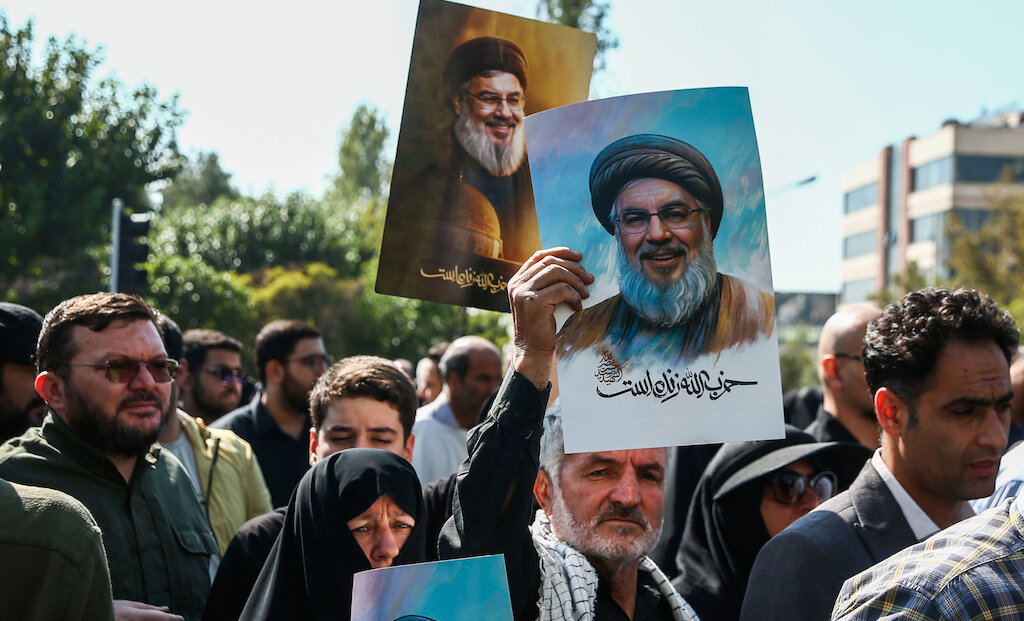Al-Nashiri Case: French Oil Tanker Charges Dismissed
Published by The Lawfare Institute
in Cooperation With

The new judge in the USS Cole case Monday dismissed collateral charges related to al-Qaida’s 2002 attack on a French oil tanker, according to two defense attorneys who read the ruling.“This represents a serious rejection of the prosecution’s claim that it can invoke theories, provide no evidence and expect the [war court] will blindly ratify those theories,” said attorney Richard Kammen, who is defending alleged al-Qaida terrorist Abd al Rahim al Nashiri at a death-penalty trial.
Nashiri, 49, is accused of orchestrating al-Qaida’s Oct. 12, 2000, suicide attack on the USS Cole warship off Yemen that killed 17 American sailors. His charge sheet also alleged that, after the 9/11 attacks, Nashiri also set up al-Qaida’s Oct. 6, 2002 bombing of the French supertanker MV Limburg that killed Bulgarian crew member Atanas Atanasov, and wounded 12 other workers on the ship.
Monday, Air Force Col. Vance Spath, on the case for a month, did not rule on the overarching challenge by defense attorneys that an oil ship in the region was a legitimate strategic target or at very least was not part of the Guantánamo war court jurisdiction, according to those who read it.
He threw out the charges on the limited finding that the prosecution failed to produce any evidence about the bombing, according to the two lawyers who read it, a decision the prosecution could revisit by calling witnesses in a motion for reconsideration





